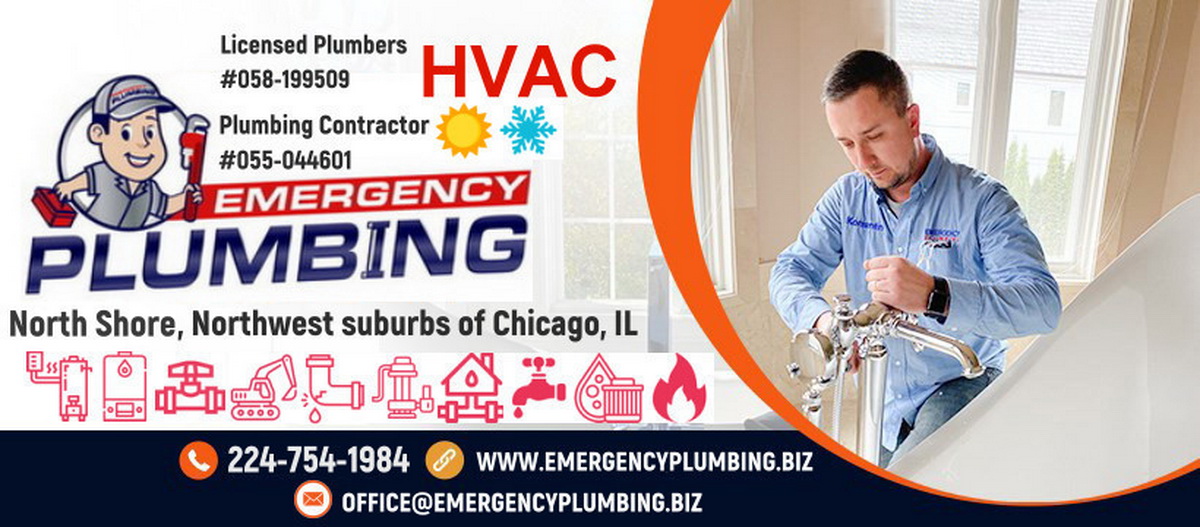Pipe Replacement: When to Replace Old, Damaged Pipes Pipes age and wear differently depending on material, climate, and maintenance. When corrosion, frequent leaks, low water pressure, or discolored water persist despite repairs, it’s often a sign that replacement is the most cost-effective long-term solution. A professional inspection can help determine whether repair or full replacement is warranted. When to consider replacement Common indicators include persistent leaks in multiple locations, sudden spikes in water bills with no clear cause, visible corrosion or rust on pipes, and frequent repair visits. If your home has older materials such as lead, galvanized steel, or certain polybutylene systems, replacement is often recommended for safety and reliability. Replacement options Contractors typically offer several approaches depending on the house layout and budget: Traditional pipe replacement ... Read more »
Local plumbing firm highlights commitment to exceptional service A local plumbing firm is emphasizing its pledge to deliver exceptional service across its residential and commercial projects. The company says that a combination of trained technicians, clear communication, and transparent pricing has helped it maintain strong relationships with customers and grow through word of mouth. In a market where reliability is paramount, the firm notes that ongoing staff training, safety standards, and quick response times are central to its approach. Management says that customer feedback drives continuous improvement, with regular reviews of service procedures and new tools designed to reduce disruption for households and businesses alike. What sets the company apart According to company leadership, several factors contribute to the high level of service: certified technicians, upfront estimates, and flexible scheduling. The firm also highlights the importance of com...
